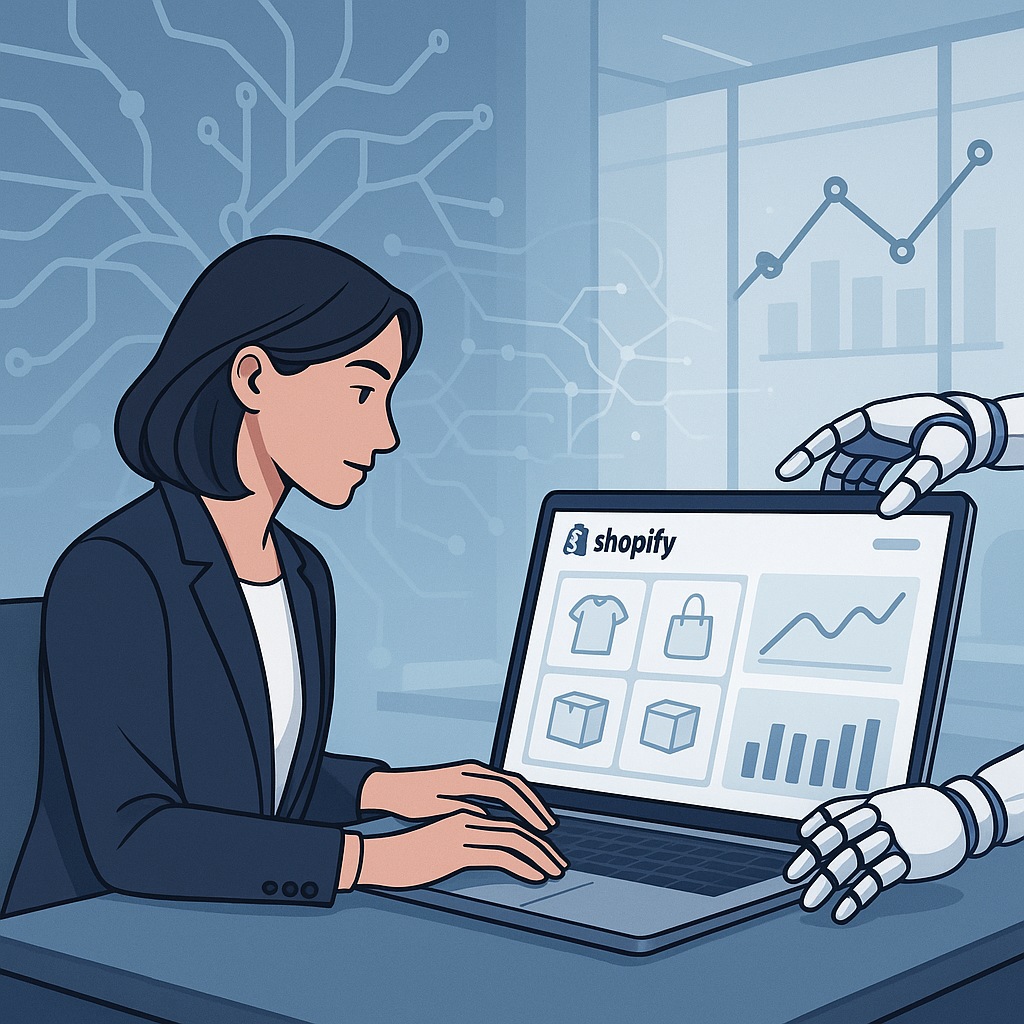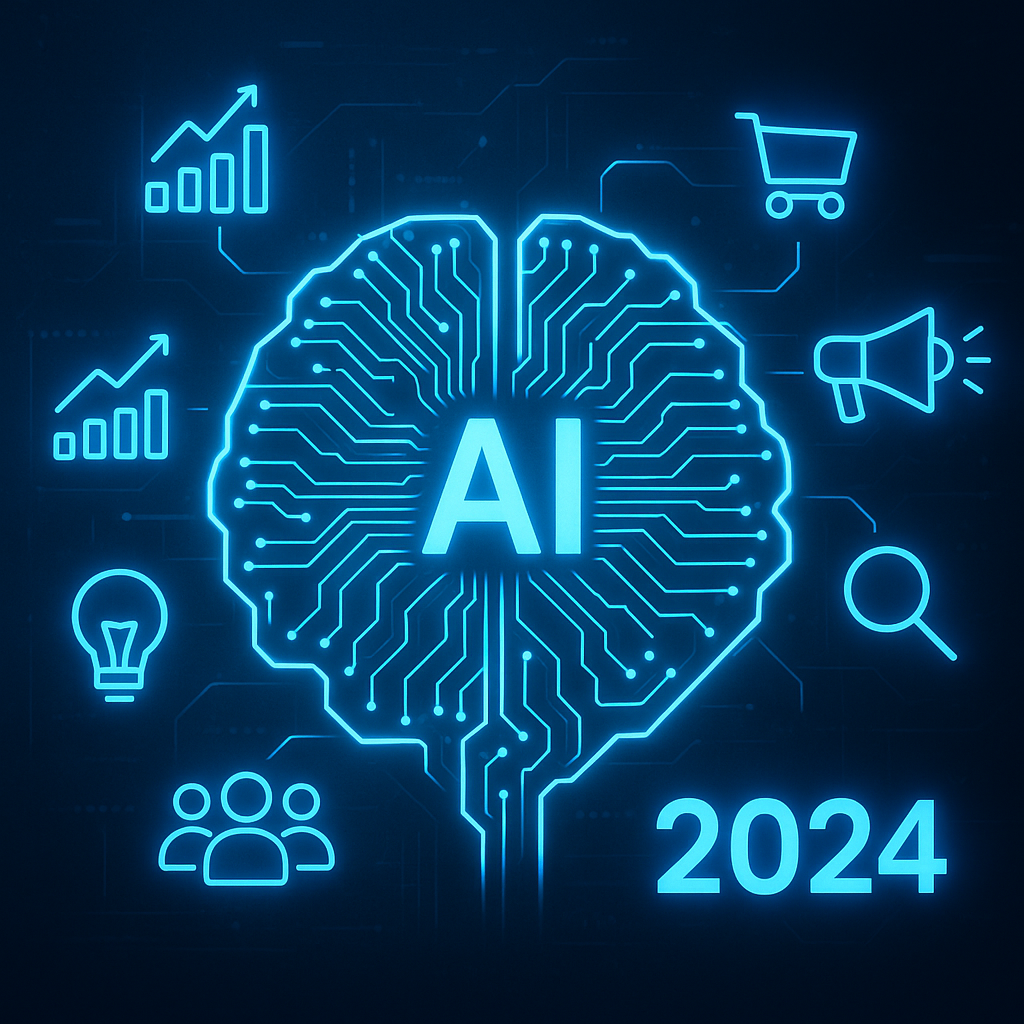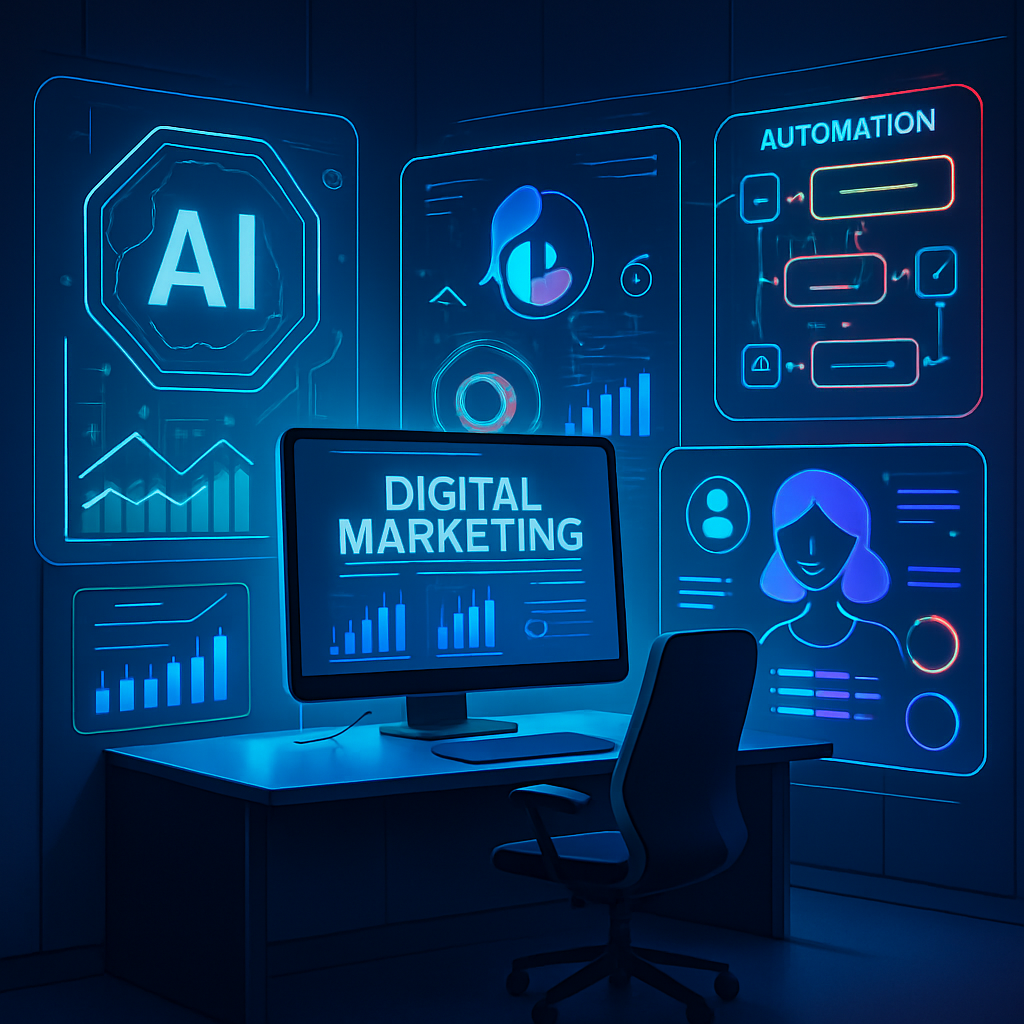
How AI-Driven Automation is Revolutionizing Small Business Operations in 2024
Understanding AI-Driven Automation in Small Business Contexts
The integration of artificial intelligence (AI) into business automation has transcended early experimental stages to become a robust catalyst for change in 2024. For small businesses, traditionally constrained by resources and workforce limitations, AI-driven automation presents an unprecedented opportunity to optimize operations, reduce costs, and enhance customer engagement.
Unlike generic automation tools, AI-driven automation incorporates machine learning, natural language processing, and data analytics to enable intelligent decision-making and adaptive process improvements. This evolution means small businesses are no longer limited to simple repetitive task automation but can deploy systems capable of learning and evolving with their operational needs.
Key Ways AI is Transforming Small Business Operations
1. Streamlining Administrative and Routine Tasks
Small businesses traditionally devote significant time to administrative functions such as invoicing, scheduling, and inventory management. In 2024, AI-powered automation platforms can handle complex workflows, automatically generating invoices, reconciling accounts, and predicting stock requirements based on real-time sales data.
For example, AI-based scheduling assistants dynamically adjust appointments according to client preferences and staff availability, reducing human error and administrative overhead.
2. Enhancing Customer Interactions Through Intelligent Automation
Customer experience is a decisive competitive factor for small businesses. AI chatbots and virtual assistants have evolved to provide context-aware, personalized support around the clock. These AI systems can process natural language queries, resolve common issues, and escalate complex requests seamlessly.
Recent implementations include AI that proactively recommends products based on past customer behavior or sentiment analysis, effectively anticipating client needs and increasing engagement without additional human intervention.
3. Data-Driven Decision Making and Predictive Analytics
One of the most significant advantages of AI-driven automation is the ability to transform raw business data into actionable insights. Small businesses, even with limited data science expertise, can now deploy AI tools that analyze sales trends, customer demographics, and marketing ROI to guide strategic decisions.
Predictive analytics inform inventory stocking, marketing campaign timing, and risk management. For example, a boutique retailer might use AI to forecast seasonal demand shifts or identify emerging customer segments, enabling precise allocation of efforts and budgets.
4. Automating Marketing with Personalized Precision
Marketing automation has been a game changer, but AI takes it further by customizing campaigns at an individual level. Machine learning algorithms adapt ad content, email marketing, and social media outreach effectively in real time.
Small businesses benefit by delivering highly relevant promotions and content to potential customers, thereby increasing conversion rates and customer lifetime value without the need for large marketing teams.
5. Optimizing Supply Chain and Inventory with AI
For small businesses dealing with physical products, AI-driven supply chain automation reduces wastage and stockouts by accurately predicting demand fluctuations. Integration with suppliers' systems enables automated reorder workflows and dynamic logistic adjustments.
Moreover, AI can detect anomalies indicating supply chain risks, such as delays or quality issues, allowing small business owners to intervene proactively.
Real-World Examples Illustrating AI's Transformational Role
Example 1: Artisan Café Streamlines Operations
A local café adopted an ai-powered point-of-sale system integrated with inventory control and customer loyalty analytics. The system automated inventory replenishment based on sales patterns and personalized promotions to preferred customers, resulting in a 20% increase in repeat visits and a 15% reduction in food waste.
Example 2: Boutique Retailer Personalizes Marketing
A niche fashion retailer leveraged AI-driven marketing platforms to tailor email campaigns. The AI segmented customers by style preferences and purchasing habits, dynamically generating personalized content. This automation led to a 30% boost in campaign engagement and a measurable uplift in sales.
Challenges and Considerations for Small Businesses Adopting AI Automation
Despite its promise, AI-driven automation introduces challenges such as upfront investment costs, data privacy concerns, and the need for change management. Small businesses must carefully evaluate vendor solutions for security compliance and scalability.
Additionally, successful implementation requires clear objectives and employee training to harness AI capabilities effectively without disrupting core operations.
The Future Outlook: AI as a Business Partner for Small Enterprises
Looking ahead, AI-driven automation is poised to become an indispensable partner rather than just a tool for small businesses. Developments in self-learning algorithms and integration with Internet of Things (IoT) devices will deepen the automation reach—from smart stock shelving to adaptive customer interaction kiosks.
This progression heralds an era where small businesses can compete with larger enterprises by leveraging AI to maximize efficiency, customize experiences, and innovate continuously.
Conclusion
AI-transforming business operations in 2024 has moved beyond novelty to practical, impactful applications — especially for small businesses. Through intelligent automation, these enterprises streamline complex tasks, gain actionable business insights, and elevate customer relations without proportional increases in cost or manpower.
As AI technologies evolve further, small businesses equipped with these tools will not only enhance their operational resilience but foster growth and innovation in an increasingly competitive and dynamic commercial landscape.







